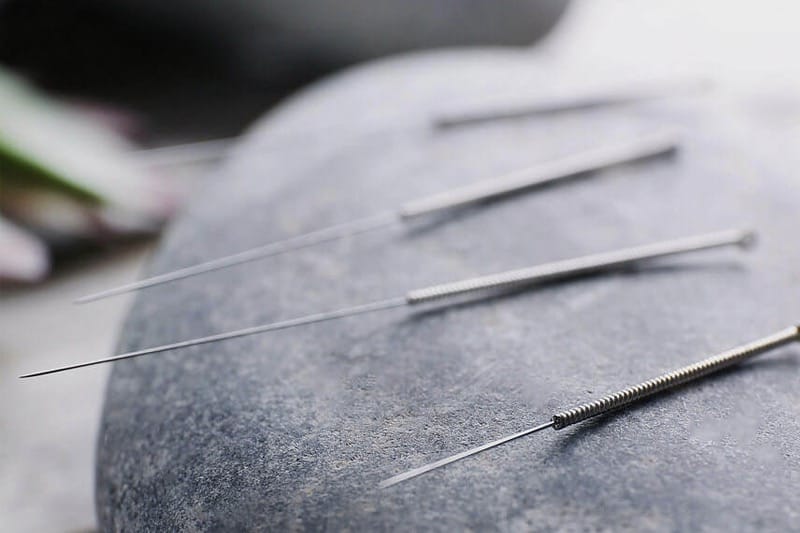In 2016 Public Health England put out new guidelines on vitamin D intake. We all heard about them. We all read about them, but do you know what they mean? Or did the news disappear amongst all the other health advice we are given that year?
While further evidence is needed to draw firm conclusions on the links between Vitamin D and non-musculoskeletal conditions, including cancer, multiple sclerosis and cardiovascular disease, the government has issued guidance on how much Vitamin D we all need.
What you need to know:
- The new advice is that adults and children over the age of one should consider taking a daily supplement containing 10mcg of vitamin D, particularly during autumn and winter.
- People who have a higher risk of vitamin D deficiency are being advised to take a supplement all year round.
- The at-risk groups include people whose skin has little or no exposure to the sun, like those in care homes, or people who cover their skin when they are outside. People with dark skin, from African, African-Caribbean and South Asian backgrounds, may also not get enough vitamin D from sunlight in the summer and should consider taking a supplement all year round as well
Why Vitamin D?
- We need vitamin D to help the body absorb calcium and phosphate from our diet. These minerals are important for healthy bones, teeth and muscles.
- A lack of vitamin D can cause bones to become soft and weak, which can lead to bone deformities. In children a lack of vitamin D can lead to rickets. In adults, it can lead to osteomalacia, which causes bone pain and tenderness.
Sources of Vitamin D:
- Our body creates vitamin D from direct sunlight on our skin when we are outdoors. Most people can make enough vitamin D from being out in the sun daily for short periods with their forearms, hands or lower legs uncovered. Be careful not to burn in the sun, so take care to cover up, or protect your skin with sunscreen, before your skin starts to turn red or burn.
- We also get some vitamin D from a small number of foods, including oily fish such as salmon, mackerel, herring and sardines, as well as red meat and eggs.
- Another source of vitamin D is dietary supplements. Speak to your pharmacist, GP or health visitor if you are unsure whether you need to take a vitamin D supplement or don’t know what supplements to take.
References:
- https://www.nhs.uk/news/food-and-diet/the-new-guidelines-on-vitamin-dwhat-you-need-to-know/
- https://www.nhs.uk/live-well/healthy-body/how-to-get-vitamin-d-fromsunlight/








